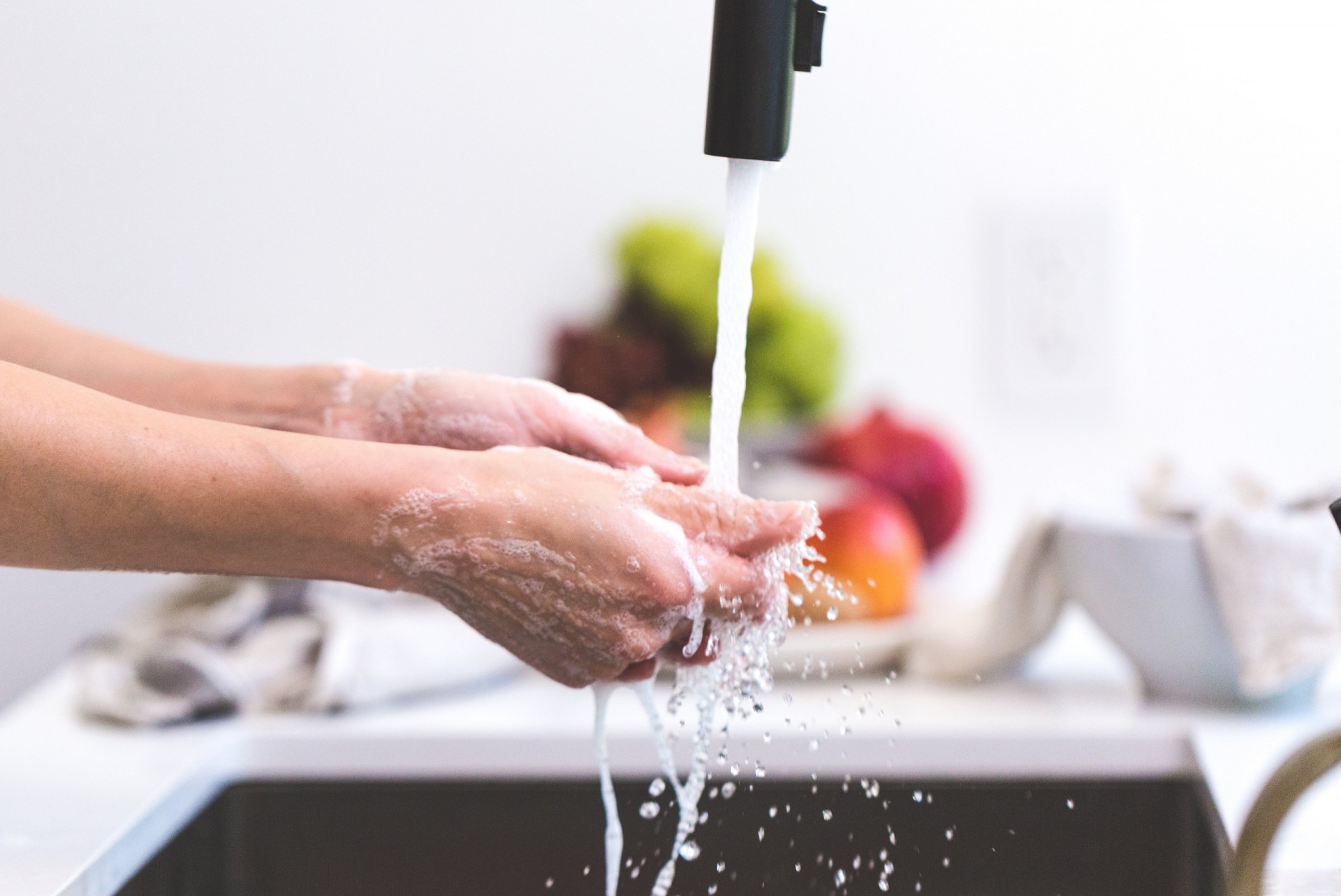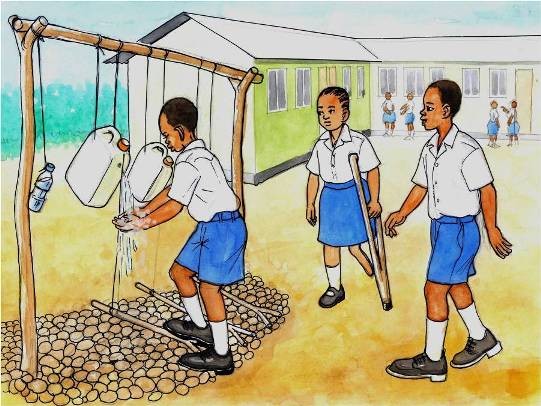Diarrhoea is one of the major global health problems and a leading cause of death in the world. In children under five, it is the second leading cause of death globally. It has negative economic and health ramifications and has long been proven to also have long-term effects, such as stunted growth and cognitive development. Diarrhoea is usually induced by different types of bacterial, viral and parasitic organisms that cause infections. And infections are mainly spread as a result of poor hygiene.

One of the simplest ways to prevent the spread of infections, such as diarrhoea, is simply handwashing with soap. But global handwashing rates are generally low, due to several factors that demote hygiene standards. Changing people’s handwashing and hygiene behaviour can be a challenging task. Additionally, many rural areas don’t have running water and lack relevant facilities. So although diarrhoea is a medical problem, it does not necessarily need a medical solution. Simple interventions can help solve issues like poor hygiene. One such intervention is the Tippy Tap.
The Tippy Tap is a low cost and simple outdoor device that allows people to wash their hands in areas where there is no piped water. Only using a small number of materials, this hands-free handwashing solution has also managed to improve hygiene awareness. It is operated by foot and therefore reduces bacterial transmission. Because all materials can be sourced locally, the Tippy Tap is inexpensive. It is also quite simple to build, so it can easily be assembled by children.

Research shows that, in combination with schooling on hygiene habits, the Tippy Tap is more effective than other interventions. Several studies confirm the positive impact this device had on communities. In communities that use the Tippy Tap, rates of handwashing with soap increased, especially in children. And follow up research has established that the hands-free taps are still being used months later.
Various organisations from different sectors have been using the Tippy Tap. WaterAid, who focuses on access to clean water, decent toilets and hygiene help people integrate Tippy Taps into their everyday life. EduKaid, who aims to improve education in rural Tanzania, uses glitter when teaching children about the hands-free device. The glitter represents bacteria that, although you can’t see it, is difficult to get rid of. Although CoolEarth works in the environmental sector they also implement the Tippy Tap because “healthy families mean healthy forests.”
Check out tippytap.org for a great manual on how to build your own or look at the different pamphlets, posters (in various languages) and accommodating hand washing songs they have to help NGOs and non-profit organisations to implement this intervention.




